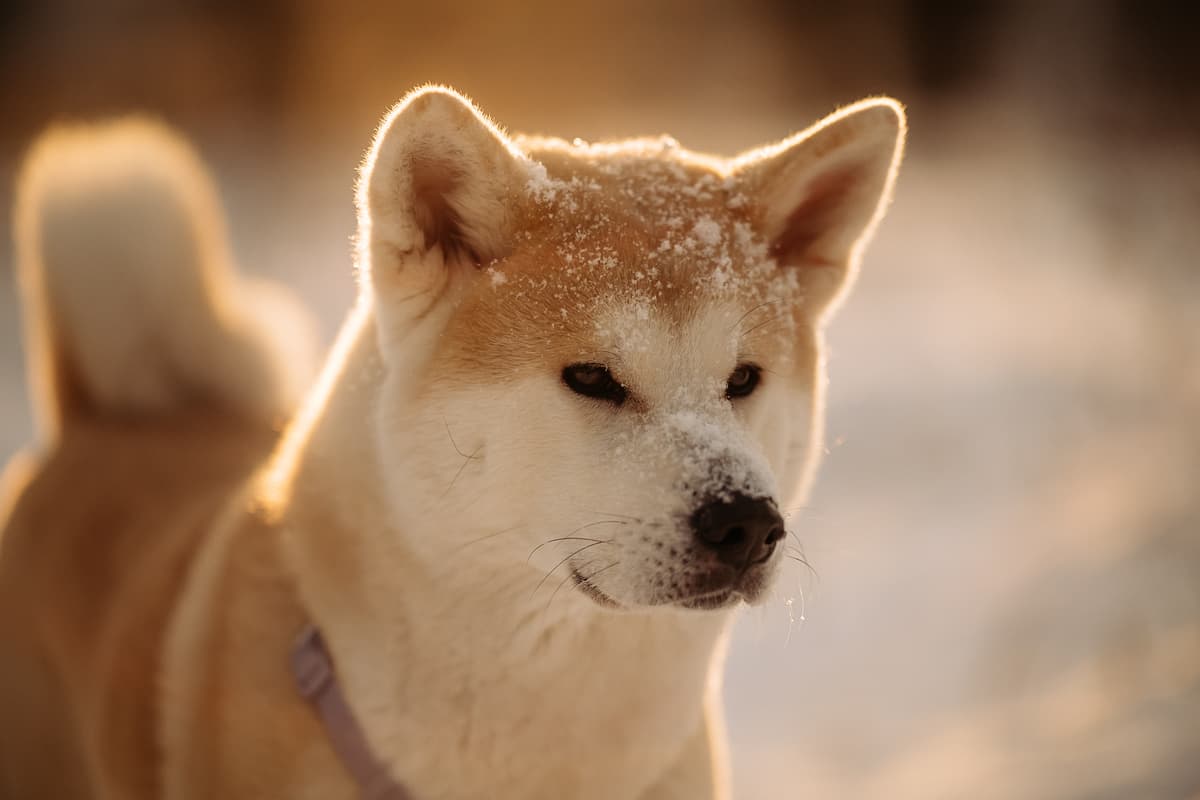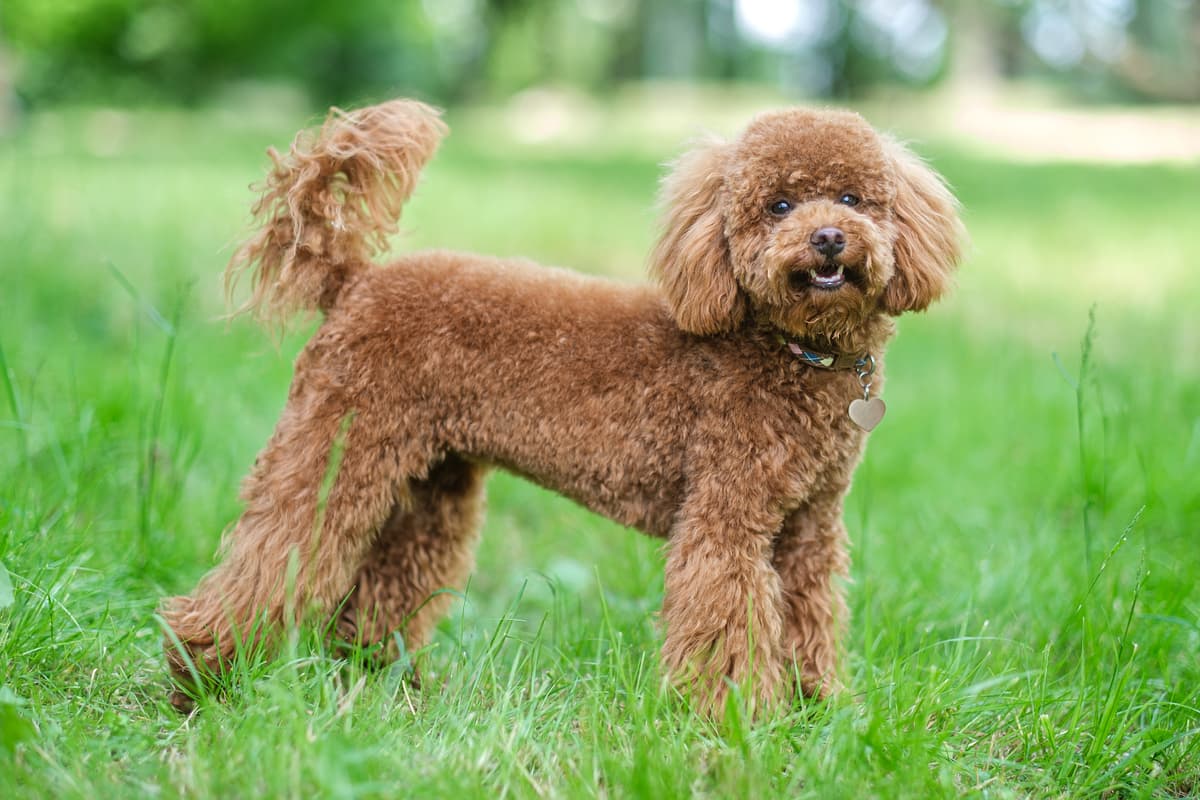Great Japanese Dog vs Poodle
Discover the differences between Great Japanese Dog and Poodle to make the best choice for your situation.
Try different breeds

Great Japanese Dog
A powerful, loyal breed with a calm presence and protective instincts. Makes a devoted family companion and is known for its dignified, confident demeanor.

Poodle
Elegant, intelligent, and highly trainable, this breed stands out for its lively spirit and loyal companionship. Their hypoallergenic coat and playful personality make them ideal family pets.
Quick comparison
Large
45–59 kg
Double coat, dense
10–12 years
32–45 kg
Moderately active
Medium
20–32 kg
Curly, dense
12–15 years
18–27 kg
High energy
Personality & behavior
Compare the personality traits and behavioral characteristics of both breeds.
Great Japanese Dog
Reserved with strangers, loyal to family members
Learns commands quickly, responds to training
Moderate activity needs, enjoys daily walks
Not highly playful, prefers calm activities
Adjusts to routine changes with some patience
Poodle
Warm and sociable with family and guests
Highly intelligent and quick to learn commands
Needs regular activity and enjoys exercise
Loves games and interactive playtime
Easily adjusts to new environments and routines
Care needs
Exercise, grooming, and daily care requirements
Great Japanese Dog
Hip dysplasia, thyroid issues
Poodle
Hip dysplasia, Addison’s disease
Suitability
How well each breed fits different living situations and families
Great Japanese Dog
Challenging for beginners
Needs experienced handling and firm training for best results
Not ideal
Large size and exercise needs make apartments unsuitable
Highly suitable
Enjoys vigorous activity and benefits from an active lifestyle
Use caution
May be too large and boisterous for small children
Needs supervision
May show dominance toward other pets without careful introduction
Not recommended
Dislikes being left alone and can develop separation anxiety or destructive habits
Poodle
Great choice
Intelligent and eager to please, Poodles are easy for beginners to train and manage.
Highly suitable
Poodles adapt well to apartment life if given daily exercise and mental stimulation.
Perfect fit
Their energy and love for activity make them great companions for active households.
Very friendly
Poodles are gentle and patient with children when socialized from a young age.
Gets along well
Poodles usually coexist peacefully with other pets, especially if socialized early.
Prone to anxiety
Poodles can develop separation anxiety if left alone for long periods regularly.
Breed strengths
What each breed excels at and their best qualities
Great Japanese Dog
- Loyal to family members
- Strong protective instincts
- Calm and dignified demeanor
- Good tolerance for cold weather
- Generally healthy with proper care
Poodle
- Highly intelligent and easy to train
- Hypoallergenic coat reduces shedding
- Strong bond with family members
- Adaptable to various living environments
- Excellent performance in canine sports
Challenges & considerations
Potential challenges and considerations for each breed
Great Japanese Dog
- Can be aloof with strangers
- Requires consistent, firm training
- High prey drive towards small animals
- Prone to dominance behaviors
- Needs ample daily exercise
Poodle
- Requires regular professional grooming
- Prone to separation anxiety if left alone
- Needs daily mental and physical stimulation
- Can be reserved with unfamiliar people
- Susceptible to certain genetic health issues
Ready to choose your perfect breed?
Learn more about each breed or compare other breeds to find the perfect match for your lifestyle.
Discover more helpful tools
Make use of our other free tools to get the most out of your pet experience
